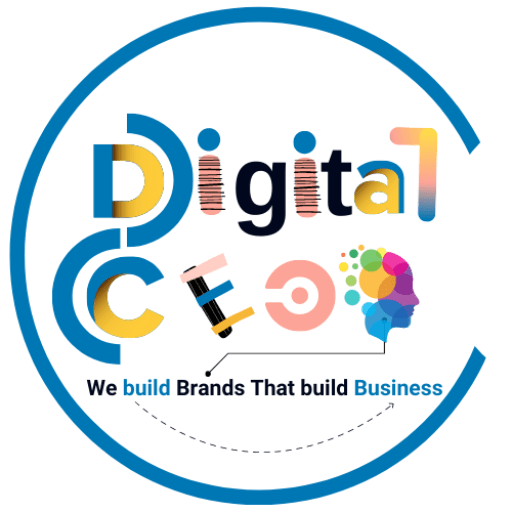Digital marketing has undergone a significant transformation over the years. From using television, radio, and print ads for marketing, the world has moved to digital marketing, which is more personalized, interactive, and data-driven. As technology advances and new trends emerge, it is imperative to stay up-to-date on the latest developments in order to remain competitive and relevant in the market.

Current Trends in Digital Marketing
- Augmented Reality and Virtual Reality: AR and VR technologies have been gaining popularity in recent years. AR is being used for product demonstrations, while VR is being used for training purposes. Some brands are even using VR to create immersive brand experiences for their customers.
- Chatbots: Chatbots have become increasingly common in business, both for customer support and sales interactions. Chatbots use artificial intelligence to provide assistance and respond to customer inquiries, and can be implemented on websites, social media platforms, and messaging apps.
- Video Marketing: Video marketing is currently the most popular form of content marketing. With the rise of platforms like YouTube and Instagram, businesses are incorporating video into their marketing strategies in order to reach more audiences and engage with them better.
- Influencer Marketing: Influencer marketing is one of the fastest-growing forms of digital marketing. Influencers are typically social media personalities with a significant number of followers who endorse a product or service in exchange for payment.
- Personalization: Personalization has become a major trend in digital marketing. Customers expect a personalized experience, and businesses are using data and automation technologies to deliver customized content, products, and services.
- Live Streaming: Live streaming has become a popular way for businesses to connect with their audience in real-time. Through live streaming, businesses can showcase their products, provide updates, answer customer questions, and more.
- Social Commerce: Social commerce is the integration of social media and e-commerce, allowing for the direct purchase of products from social media platforms. With the rise of social commerce, businesses can reduce friction along the customer journey and make the purchasing process more streamlined

Technologies Driving Digital Marketing
1.Artificial Intelligence (AI): AI is being leveraged in a variety of ways in digital marketing, from chatbots to personalization to predictive analytics. AI can help businesses collect and analyse customer data, creating targeted messaging and advertising.
2.Internet of Things (IoT): IoT is the network of physical devices, vehicles, and other items embedded with electronics, software, sensors, and connectivity which enables objects to connect and exchange data. IoT can be used to create personalized marketing messages based on individual customer data.
3.Blockchain: Blockchain technology is being used by marketers to create secure and transparent transactions between users and businesses. This technology allows for the creation of secure digital identities, and can be used to create loyalty programs and other incentives for customers.
4.Virtual and Augmented Reality: As mentioned earlier, VR and AR technologies are being used to create immersive experiences for customers, both in the retail and service sectors. They are being used to enhance experiences, such as testing a product or trying on clothes before making a purchase.

Future of Digital Marketing
- Increased Use of AI: As AI becomes more commonplace, it is expected to play a bigger role in digital marketing. AI can provide a more personalized experience to customers, track customer behaviour, and optimize advertising campaigns.
- More Use of Chatbots: With the rise of conversational interfaces, chatbots are likely to become more advanced and easier to use in the future. This will result in the creation of more human-like interactions with customers through chatbots.
- Video Formats will Evolve: The popularity of video content is expected to grow as new technology allows for more immersive viewing experiences. This will allow businesses to create more engaging and personalized content for their customers.
- Voice Search and Personal Assistants: As voice assistants and smart speakers become more common in homes, it is expected that search queries will become more conversational. This will require SEO professionals to adjust their strategies to focus on existing user intent rather than specific keywords.
- Growth of Interactive Content: Interactive content such as quizzes, surveys, and games are becoming more popular as they can help businesses collect data on their customers and engage them in meaningful ways. Interactive content also encourages users to stay on a website longer, increasing their likelihood to make a purchase.
As technology continues to advance, businesses need to adapt to stay ahead of the competition. The use of AI, IoT, VR, and AR are just a few examples of how technology is being leveraged in digital marketing. Personalization, video content, and influencer marketing continue to be important trends, while the use of chatbots and social commerce is expected to grow in the future. By embracing these technologies and trends, businesses can create more engaging and efficient marketing strategies that will help them reach and engage their target audience.

